Manage my passport? What's to manage, you may be thinking. Well, nowadays there are lots of…
August Travel News Review…
Cruising cancellations and changes for the better.
As you may have read in previous posts, I was scheduled to go on a fabulous Crystal River Cruises Christmas market cruise in December, which was canceled earlier this month. Ever hopeful, I attended a travel industry webinar in which Walter Littlejohn, Crystal SVP and Managing Director, presented their river cruise product.
I asked Walter through the webinar chat if he thought the December schedule would remain intact. I honestly didn’t expect him to respond, but he appropriately said that he couldn’t predict given the constantly changing COVID-19 situation and that “there are so many factors at play.”
Walter followed up with an email to me in which he said, “To ease the anxiety of guests who are concerned about travel restrictions, in a few days’ time we will be extending an offer for guests to move their reservation to the same time period in 2021 with rate protection.”
True to his word, I received that offer the following week. A couple of weeks later, Crystal River Cruises canceled their 2020 schedule and allowed everyone with reservations to move their reservation to 2021, or use the amount paid as a credit toward any Crystal cruise itinerary including their Ocean, River, Yacht and Expedition cruises. We opted to move our reservation to December 2021.
Of course, Crystal isn’t the only European river cruise line impacted by the plague. There was some hope early this summer that European river cruising might be the vanguard for re-launching cruising in general. No such luck.
Viking Cruises announced today that they have suspended operations for river and ocean cruises through the end of 2020. Viking is offering their guests a 125% cruise voucher towards a future reservation or a 100% refund if their request is made before August 24, 2020. Holland America and Princess Cruises had previously announced the suspension of all ocean cruises until December 15, 2020.
On a more positive note, Royal Caribbean has announced an innovative approach to the dreaded safety drill. Anyone who has been on a cruise is familiar with the pre-sail gathering of all guests to their muster station for the obligatory safety lecture and wearing of your life vests.
Crammed shoulder-to-shoulder, you listen to a half-hour presentation on the ship’s safety procedures and every guest must attend before the ship can sail. Of course, that 30-minute span takes much longer in practice because so many people take their time getting to their station.
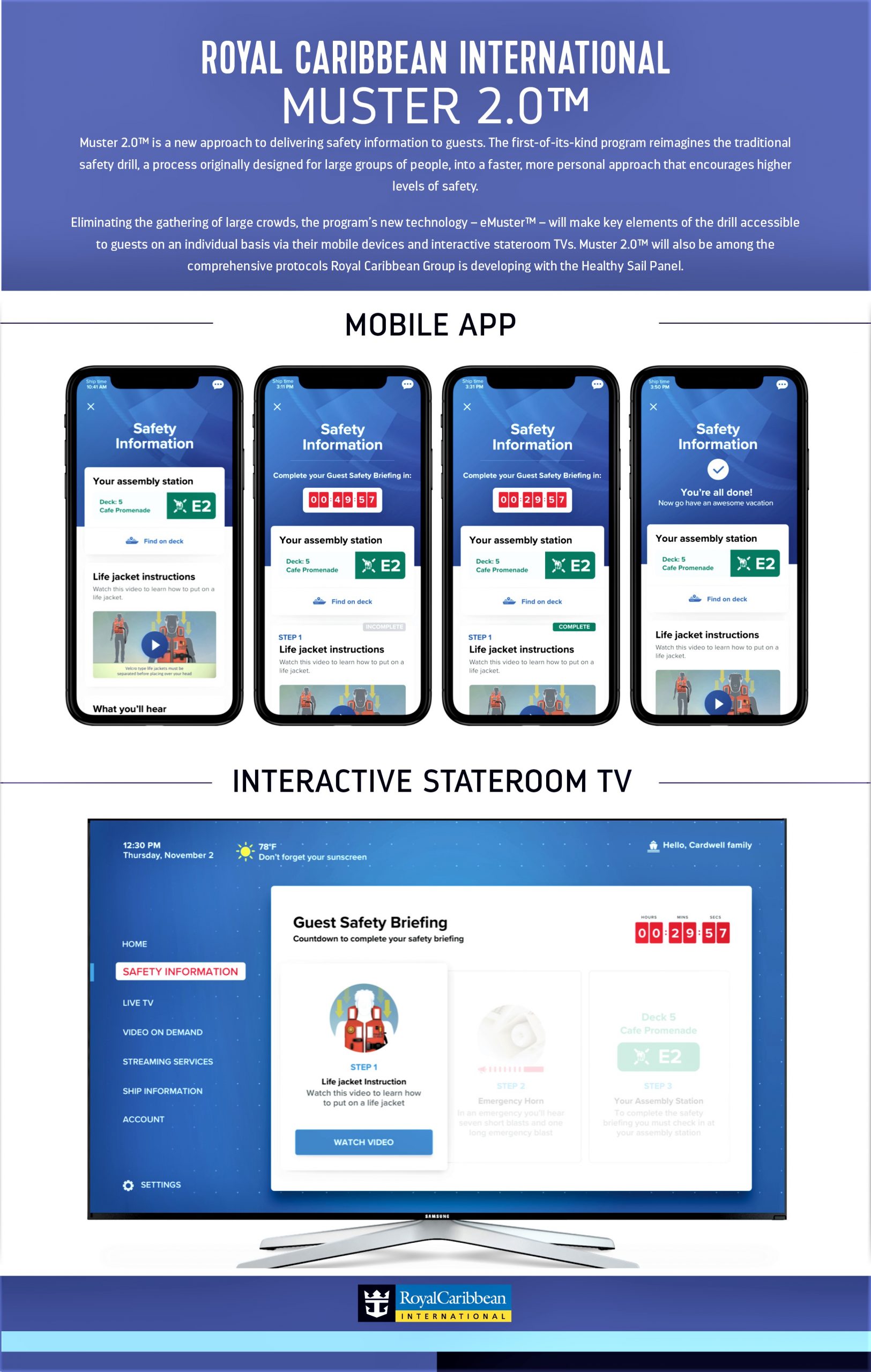
Royal Caribbean’s new safety drill can be done either on their app or on the TV in your stateroom; it’s simple, allows for social distancing and an overall better experience. RC says they worked with international regulators and the U.S. Coast Guard to make sure their new routine meets all maritime safety requirements and that they actually started re-working the safety drill last year, pre-coronavirus.
“The health and safety of our guests and crew are our number one priority, and the development of this new muster process is an elegant solution to an outdated, unpopular process,” said Richard Fain, chairman and CEO, Royal Caribbean Group. “The fact that this will also save guests time and allow the ship to operate without pause means that we can increase health, safety and guest satisfaction simultaneously.”
With long-term cancellation announcements left and right, the Cruise Lines International Association (CLIA) announcing that member lines are canceling all cruises through October 31 and major cruise lines selling off older ships to reduce their inventory, cruise news is looking pretty grim.
Despite all the bad news, data gathered by the website Cruzely shows that 83% of all regular cruisers are definitely planning on sailing again and about 68% even say they would consider sailing if masks are required. I guess once you’ve gotten hooked on cruising, the anticipation of the next fix is overpowering.
As some destinations open, others close…
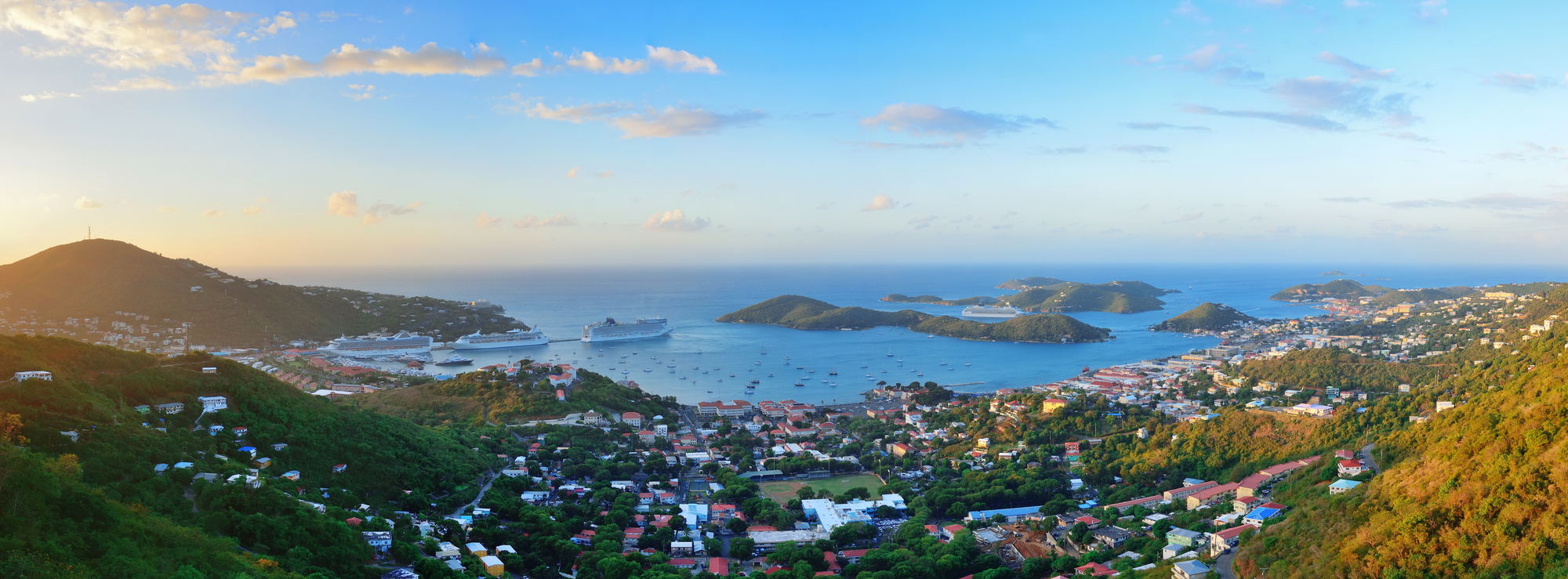
While most of Europe remains closed to Americans, there are a few places that are welcoming U.S. travelers, especially in the Caribbean. Croatia is ignoring the EU travel ban on U.S. citizens and opened their borders as of July 10. However, you must present a negative Covid-19 test no older than 48 hours or self-isolate for 14 days.
Cambodia has a unique approach. On top of the usual visa requirements for the country, foreigners must also provide proof of a negative COVID-19 test prior to arrival. Moreover, visitors must have medical insurance covering the entirety of their trip for a minimum of USD $50,000. AND if a foreign visitor is found to require a virus test on arrival, you will be assessed a “service charge” of $2,000. I can’t wait to go!
With the Caribbean a much closer travel option for most Americans, many of these beach destinations are opening cautiously with many of them testing new arrivals, requiring a recent medical certificate or both. These include Antigua and Barbuda, Aruba, Barbados, Bermuda, Cuba, Dominican Republic, Guadeloupe, Jamaica, Puerto Rico, St. Barts, St. Lucia, St. Vincent and the Grenadines, and Trinidad and Tobago.
Unfortunately, the U.S. Virgin Islands announced today that they are closing to leisure travelers due to a coronavirus spike. Most other Caribbean nations are either still in lock-down or require a 14-day quarantine. You can see the full list in this Travel + Leisure article.
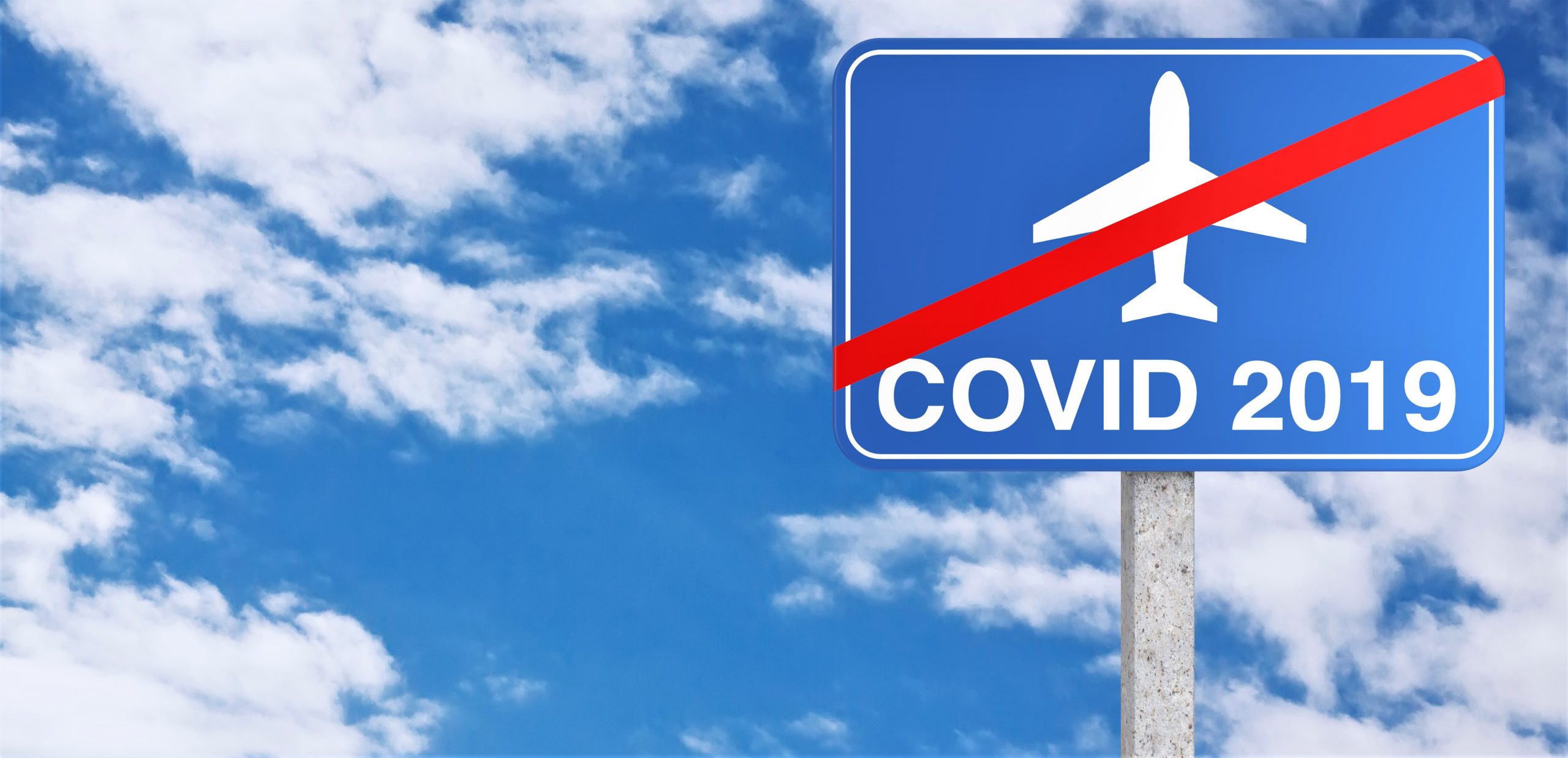 The World Travel & Tourism Council (WTTC) is appealing for a global, coordinated effort to have rapid Covid-19 tests at airports.
The World Travel & Tourism Council (WTTC) is appealing for a global, coordinated effort to have rapid Covid-19 tests at airports.
What could open up the world more quickly for tourism?
“WTTC is calling upon Governments around the world to begin a substantial programme of investment to ensure comprehensive testing facilities are implemented at airports, which will help prevent the spread of Covid-19 and see the return of safe travels.”
I have my doubts such a coordinated effort will ever come about since every country independently controls their ports of entry including airports, but I could see more international airports deciding it’s just good business to implement a rapid-testing process.
Already American, United, Lufthansa Group and International Airlines Group (parent of British Airways, Iberia and Aer Lingus) are calling for the creation of a joint U.S-European Union Covid-19 testing program to facilitate the restart of transatlantic travel.
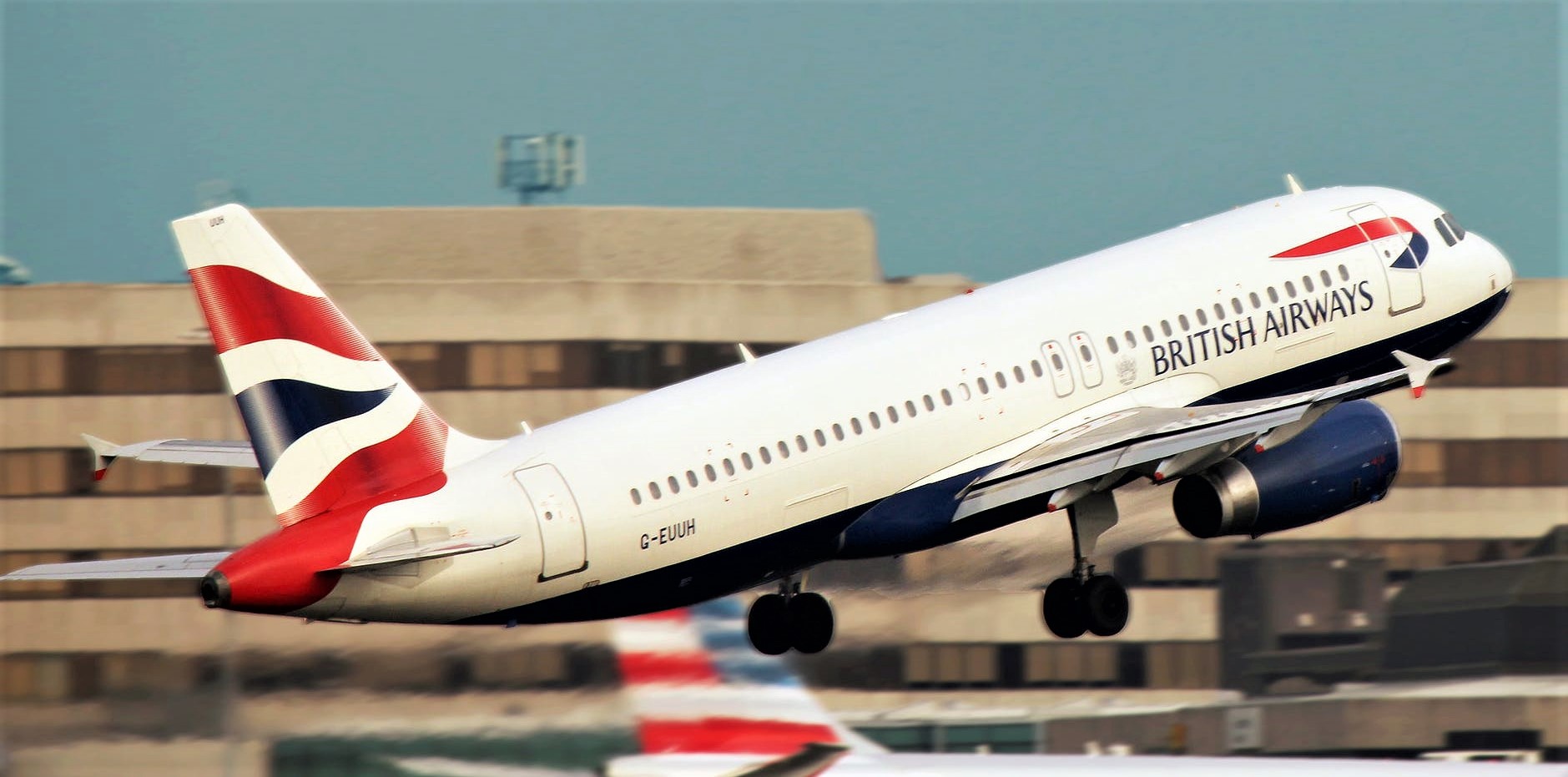
More people traveling or planning to travel…
A survey of 4,300 Allianz Travel Insurance customers in the U.S. between June 1 and 29, 2020, showed that 44% plan on traveling before the end of 2020 and 5% have already resumed travel. Not surprisingly, younger customers are more sure about their travel plans. 31% of customers over 55 say they don’t know when their next travels will take place, compared to 26% of customers under 55.
Asked how they will travel next, 65% said they will fly, while 28% of these Allianz clients will hit the roads. For those planning on flying, 36% will fly domestically and 28% will fly internationally. Those yearning for a foreign vacation, Europe, Mexico and the Caribbean destinations are at the top of the list. The most popular destination? Nearly 60% said the continental U.S.
A recent Amex Trendex, an American Express trend report, consumers in the U.S., U.K., Australia, Japan, Mexico and Canada are changing the way they spend their time and money. They’re showing a willingness for future travel, safe dining options, socially distanced leisure activities, and more. According to the survey, 34% of U.S. adults plan on a big travel purchase of $800 or more in the next three months.
Similarly, American Express Travel booking statistics based on U.S. card member activity shows 81 % of U.S. air and hotel bookings in the last week are for travel within the next 30 days compared to 64 percent during the same time last year.
According to data reported at HotelManagement.net, U.S. hotel performance data for the week ending August 8 showed slightly higher occupancy and room rates from the previous week. U.S. occupancy has risen week over week for 16 of the last 17 weeks, although growth in demand (room nights sold) has slowed.
Aggregate data for the Top 25 Markets, typically large city markets and high tourism areas, showed lower occupancy (41.7%).
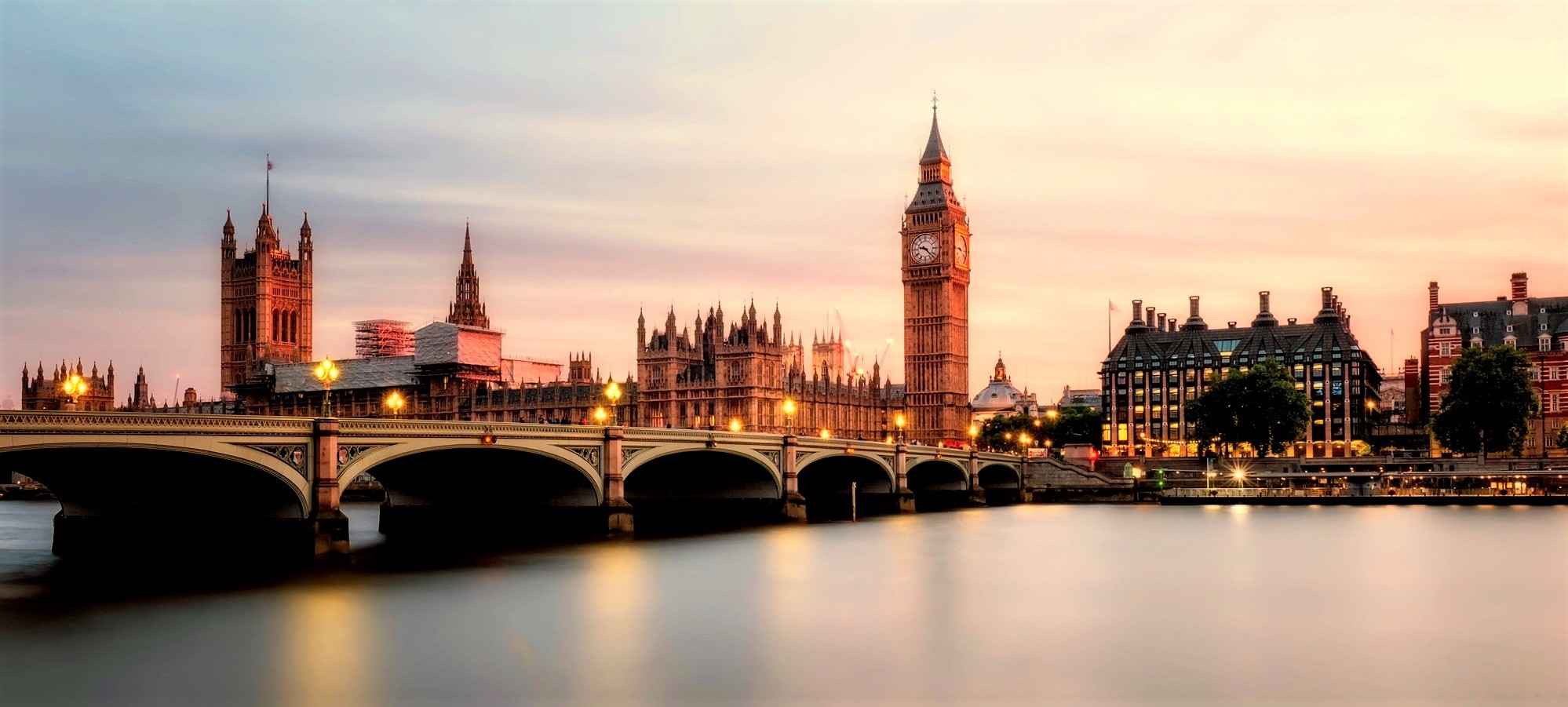
But bookings are down for air and hotel in Europe…
Travel Agent Central reported that the European Travel Commission (ETC) is calling on European Union governments to better coordinate their Covid-19 recovery efforts and insists that any potential new measures should avoid imposing blanket country bans or quarantines, and should be communicated to travelers well before their travel dates.
While intra-country and intra-European travel is slowly picking up, global air bookings into the EU are down 72% as compared to 2019. WTTC research shows that every 2.7% increase in travel flows would generate or bring back 1 million jobs in the overall travel sector.
Concurrently, Travel Weekly is reporting that the European Union ban on American visitors and the United Kingdom’s quarantine requirement for American visitors has many of Europe’s major hospitality companies singing the blues.
With the EU’s ban and the UK’s mandatory quarantine on American travelers, many of Europe’s hospitality players are preparing for the impact on hotel occupancy levels and hoping to fill the gap by focusing on domestic and EU travelers.

As an avid traveler, Brian has explored and enjoyed cultural encounters in over 40 countries while spending many years refining The Points Game — using credit card sign-up bonuses and other tricks to get nearly free travel. Getting the most out of every trip is an art and Brian launched My Travel Traxx to help others enjoy the art of travel.


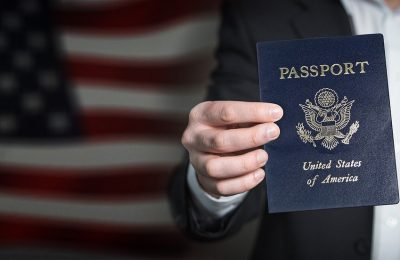
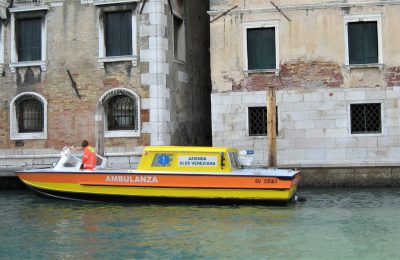

Comments (0)